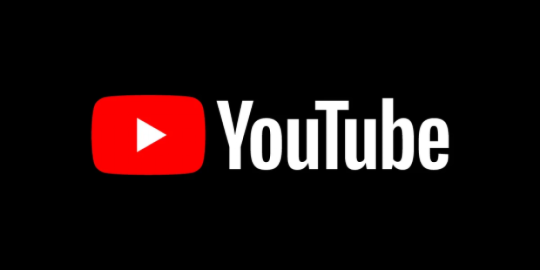
YouTube has recently begun testing the blocking of users who have ad blockers enabled while using their platform. This move was first noticed by a Redditor earlier this week when they attempted to use YouTube.com and encountered a pop-up message notifying them that ad blockers are not permitted on the site. The user was unable to stream videos unless they either allowed YouTube ads or signed up for YouTube Premium, a subscription service that offers ad-free viewing.
The main purpose behind this test is for YouTube to ensure that creators on their platform receive adequate compensation for their efforts. Ad revenue is essential for content creators, as it helps them maintain and improve the quality of their videos. By blocking users with ad blockers enabled, YouTube aims to guarantee that ads are viewed, and creators are paid accordingly. However, this decision has been met with mixed reactions from users, with some expressing their displeasure at being forced to view ads or pay for a subscription service.
Despite the controversy, YouTube's decision to block users with ad blockers may be indicative of a larger trend in the online content industry. As more websites rely on advertising revenue to support their operations, there has been increasing pushback against ad-blocking software. In response, some platforms have introduced subscription services as an alternative way to access content without advertisements, much like YouTube Premium.
This testing phase is still in its early stages, and it remains uncertain whether YouTube will fully implement this feature. If it does become permanent, it could potentially impact millions of users who currently rely on ad-blocking software while browsing the internet. Additionally, those who choose not to disable their ad blocker or subscribe to YouTube Premium may resort to other means of accessing video content without ads, such as downloading videos or using third-party streaming platforms.
In conclusion, YouTube's decision to test blocking users with ad blockers enabled highlights the ongoing debate surrounding online advertising and content monetization. While it may help ensure that creators receive fair compensation for their work, it also risks alienating users who are unwilling to view ads or pay for a subscription service. The outcome of this test could have significant implications for the future of online content consumption and the role of ad-blocking software in an increasingly ad-reliant digital landscape.